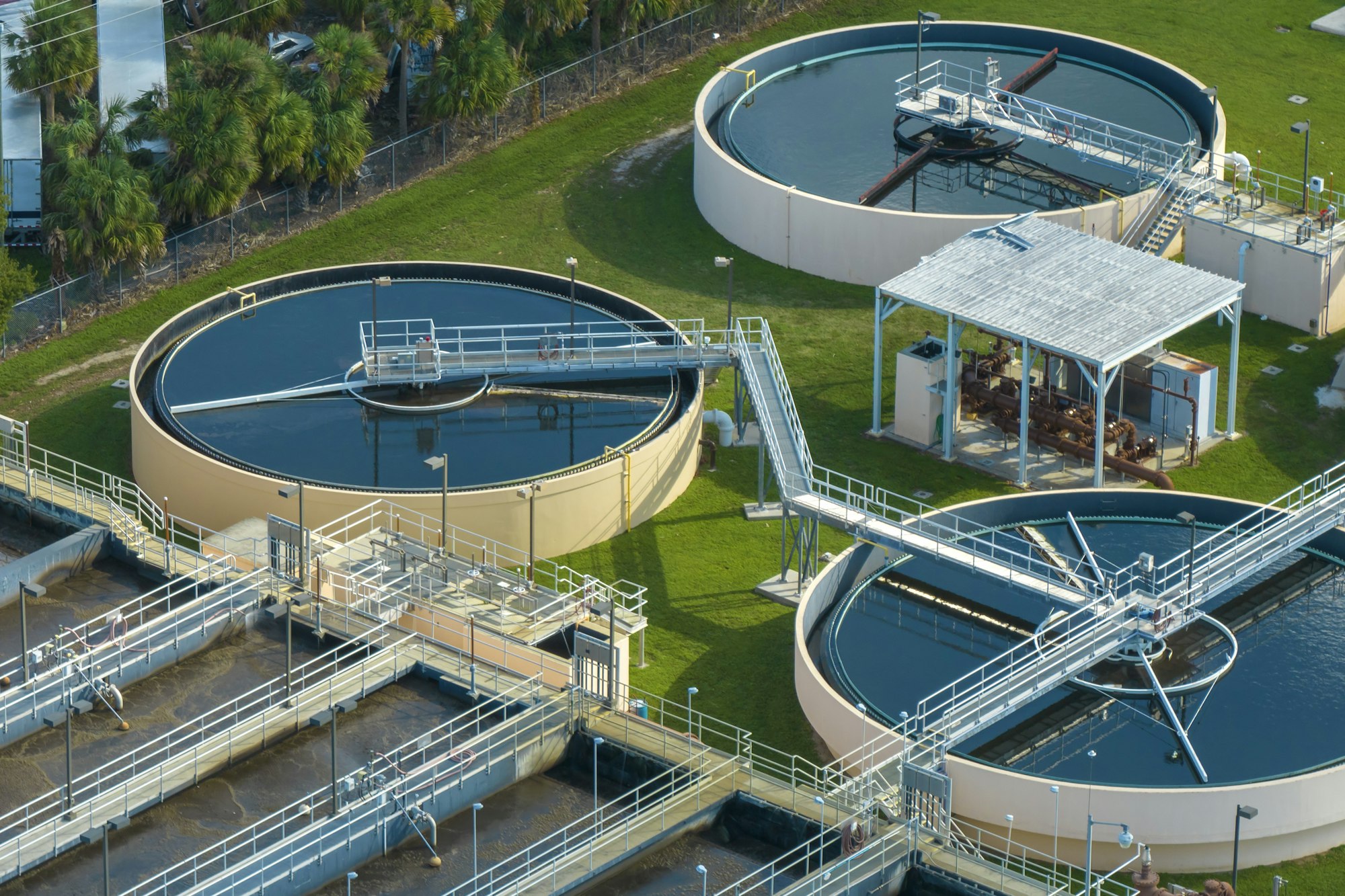Wastewater Visibility News
Oil and Gas Wastewater: City of Midland, Texas Takes Steps to Protect its Drinking Water
Midland, Texas, is only one of many communities across the US striving to protect its water sources while dealing with the complex issue of oil and gas wastewater.
Midland, Texas, is in the heart of the Texas oil country. Midland city leaders recognize all the oil industry has done for the area, underpinning its economy and making the region one of the top oil-producing venues in the U.S.
As Midland Mayor Lori Blong, who is also the co-owner of Octane Energy, an oil and gas company, explains, “Midland has an independent and friendly relationship with the oil and gas industry.”
However, the industry that made Midland a successful oil boom town has inherent challenges. Oil and gas production calls for disposal wells or other solutions to deal with the chemical byproducts of the drilling process, which, among other substances, include arsenic and benzene.
Historically, Texas oil and gas industry wastewater has been injected deep underground through disposal wells, far below the aquifer that supplies drinking water to communities like Midland. As long as disposal wells aren’t compromised by events such as an earthquake and disposal well casings aren’t allowed to deteriorate because of age, lack of maintenance, or other unforeseen circumstances, oil and gas wastewater disposal wells are considered to be sufficiently safe to protect the aquifers that provide potable water.
Oil and Gas Wastewater Disposal Uncomfortably Close to Home
In an article published by the Texas Tribune, author Martha Pskowski of INSIDE CLIMATE NEWS, quoted Mayor Blong as saying, “… SWD [saltwater disposal] well construction procedures and applications are not created equal, and across Texas, they must demonstrate that groundwater is protected.”
Blong’s comments were made to the Railroad Commission, the agency in Texas responsible for regulating oil and gas drilling. At the time, Blong was requesting the right to challenge drilling permits. Her actions were motivated by a request to inject oil and gas wastewater underground in an area adjacent to the source of approximately 30 percent of Midland’s drinking water.
To learn more about the complex and timely issues of Texas oil and gas wastewater disposal, check out:
- Texas Commission on Environmental Quality
- Protecting Underground Sources of Drinking Water from Underground Injection (UIC)
- Injection Wells Regulated by the Railroad Commission of Texas
More Texas Wastewater News

Author Notes
Wastewater Visibility News
More Recent Posts

105.668 Gallons of Wastewater to be Reused Daily in the Manufacture of Semiconductors

First-Ever National Drinking Water Standard to Protect 100M People from PFAS Pollution

Are Your Wastewater Tanks Consuming Excess Energy Due to Sand and Grit? Emerging Technology Can Help You Find Out

Happy Easter
Subscribe
Get news delivered straight to your inbox the day it gets published."*" indicates required fields
